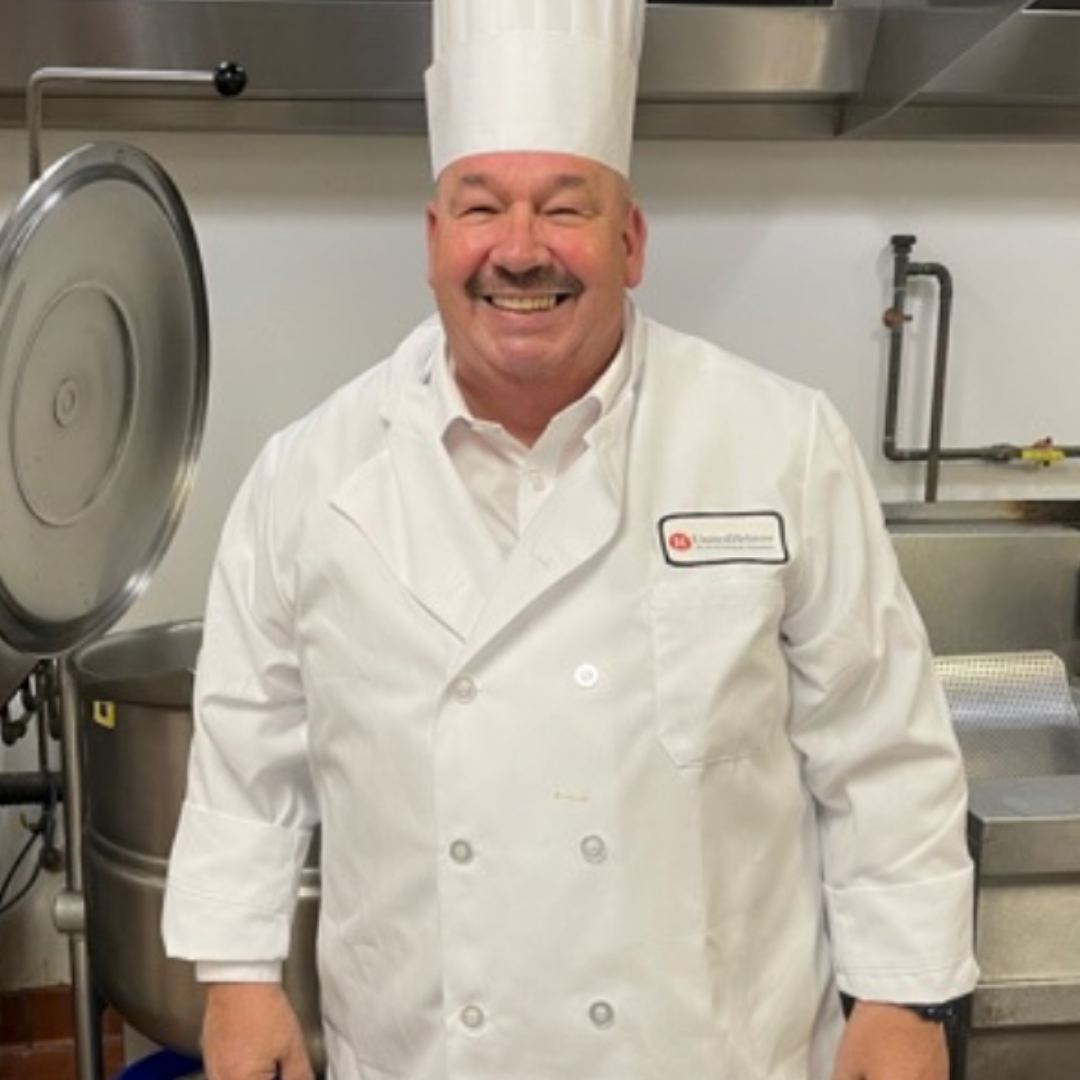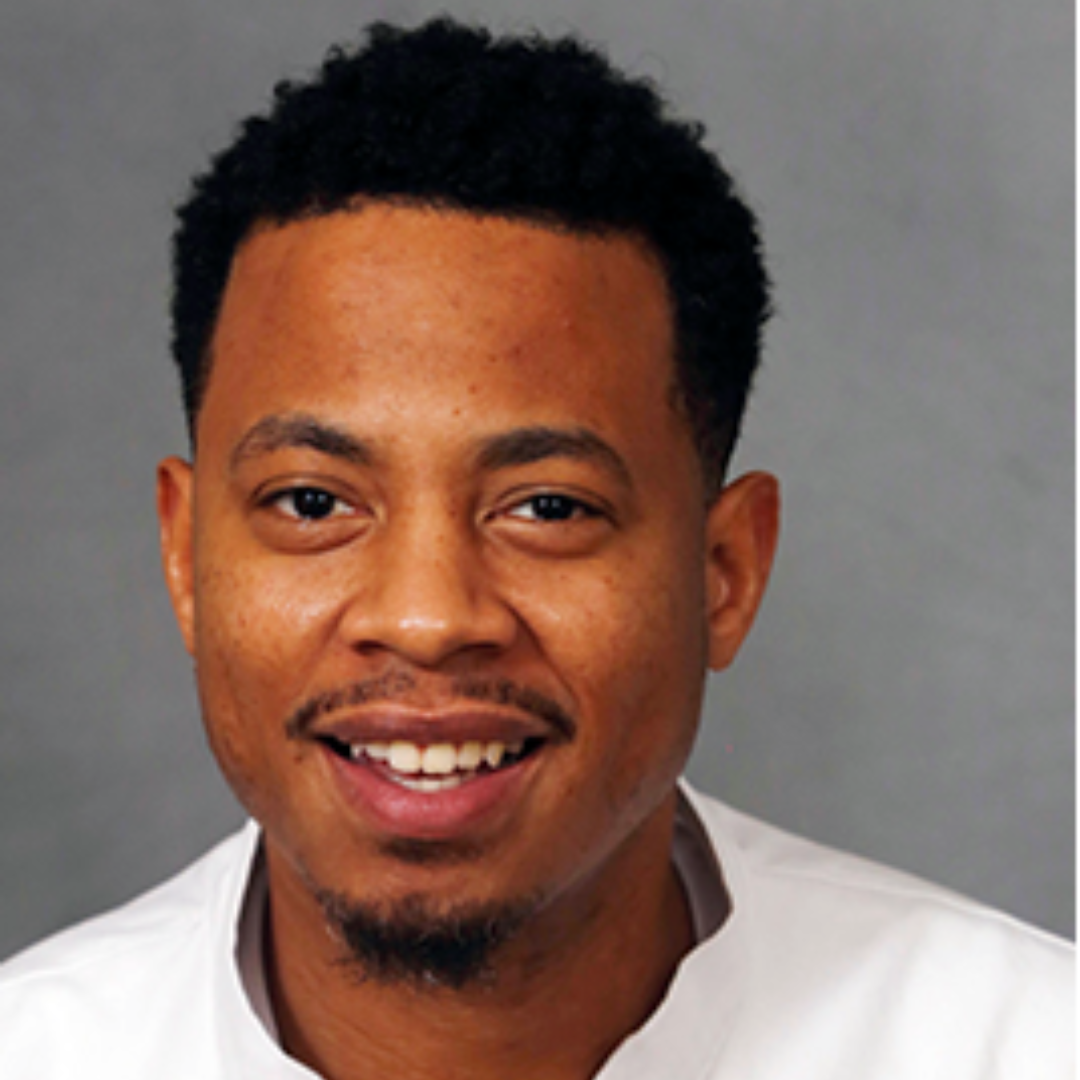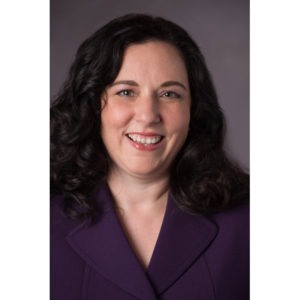A Focus on Food Safety in Senior Care

Chef Udo Schneider, director of food service at United Hebrew of New Rochelle
Food preparation and service are integral aspects of senior care settings. In addition to challenges such as providing a varied and appealing diet and developing menus that provide appropriate nutrition for residents, food safety is always an important concern.
Chef Udo Schneider, director of food service at United Hebrew of New Rochelle, oversees food service operations for over 300 residents daily. Chef Jahmal Guinyard is executive chef of Willow Gardens Memory Care, on United Hebrew’s campus of senior care. Guinyard and his team of six prepare 21 meals and snacks for 50 residents each week. Together, Schneider and Guinyard share food safety best practices for senior care settings.
Why Food Safety Is a Concern in Senior Care
While food safety is an important part of any food preparation or service, it is of increasing concern in senior care settings. “Seniors over age 65 are at greater risk of food-borne illnesses because as we age, our immune systems don’t work as well as they once did, so it’s harder to fight infections,” explains Guinyard. He notes that residents may also have underlying conditions or might be taking medications that could affect how they digest food.
There are several food safety risks that are common in residential senior care environments. “The biggest safety risks that may occur in a residential senior care environment are improper food storage and improper cooking temperatures, which can result in spoiled or undercooked food,” Schneider says. “Cross-contamination is another big one. This can happen when handling raw meat, then handling vegetables without changing gloves or washing hands between tasks. These can be avoided, of course, with proper training and equipment checks.”
How to Maximize Food Safety in Senior Care Settings

Jahmal Guinyard, executive chef of Willow Gardens Memory Care
Schneider notes that following proper protocols can help minimize the risk of food contamination. “Staff who oversee and work in kitchen facilities have to be vigilant about hand washing, wearing protective gloves, checking food temperatures, maintaining equipment, and taking extra measures to make sure that prepared food is being properly stored,” he notes.
Guinyard stresses the importance of staff training to maximize food safety. “For example, we practice ‘first in, first out,’ meaning that all food is labeled and dated and the food is used in order of purchase date,” he says. “My team is trained regularly on all food safety protocols often, so those procedures become second nature. We do yearly assessments to review those procedures and incorporate any updated practices. It’s critical. Our residents’ health depends on it.”
He also stresses the importance of routinely checking equipment. “In addition to checking the temperature of the food, check the temperature of the refrigeration systems,” he advises.
It is also essential for employees to stay up to date on best practices. “At United Hebrew, we ensure all of our employees are certified in food safety and trained with best-in-class courses,” Guinyard says. “We’re always looking to implement the latest industry standards of food safety though education.”
How to Improve Existing Food Safety Practices
When it comes to improving a senior care organization’s existing food safety practices, Guinyard highlights the importance of knowledge and education. “It is critical that all employees are knowledgeable about the facility where they work, including the tools, the equipment, and the population they are caring for,” he explains. “Education and in-service training are the best ways to bring your staff up to speed and educate them on safety protocols. We work with a well-known national food safety education and certification organization and I highly recommend working with a similar organization so that your staff knows and can demonstrate knowledge of safety protocols.”
Beyond strictly focusing on food safety, Schneider emphasizes how important it is to prepare food that is nutritious and meets specific dietary needs of residents. “We work closely with our dieticians to ensure that our residents are served balanced meals that meet the nutrition needs they have right now,” he says.

Paige Cerulli is a contributing writer to i Advance Senior Care.
Related Articles
Topics: Featured Articles , Nutrition , Resident Care , Senior Environments , Training











